Artificial Intelligence (AI) is advancing at an unprecedented pace, reshaping industries and redefining how work is done. One of the most transformative impacts of AI is its role in automating jobs, a development that presents both tremendous opportunities and complex challenges for the global workforce.
What Is Job Automation with AI?
Job automation involves using AI systems, algorithms, and robotics to perform tasks that traditionally required human labor. From customer service chatbots to smart manufacturing robots, AI is now capable of executing complex activities with speed, accuracy, and consistency.
Key Breakthroughs in AI and Job Automation
Intelligent Process Automation
AI is now able to automate not only routine tasks but also cognitive ones. Technologies like Robotic Process Automation (RPA) integrated with AI (called IPA – Intelligent Process Automation) allow businesses to handle workflows such as data entry, invoice processing, and compliance checks with minimal human intervention.
Natural Language Processing (NLP)
Breakthroughs in NLP have led to the development of chatbots, virtual assistants, and AI-driven customer support systems that can understand, interpret, and respond to human language. This significantly reduces the need for human operators in many service-based roles.
Computer Vision in Manufacturing
AI-powered computer vision systems are revolutionizing manufacturing by enabling real-time quality control, predictive maintenance, and autonomous machine operations. These systems improve efficiency and minimize errors, often replacing manual inspection roles.
AI in Logistics and Transportation
Self-driving vehicles, smart warehouses, and predictive logistics are transforming supply chains. AI algorithms can optimize delivery routes, track inventory, and manage fleet operations with greater accuracy than ever before.
Personalized Recommendations and Decision-Making
AI systems now assist in decision-making processes across fields like finance, healthcare, and retail. Recommendation engines, diagnostic AI tools, and algorithmic trading bots automate tasks that once required human judgment.
Challenges and Considerations
Workforce Displacement
One of the most pressing concerns is the displacement of workers due to automation. Roles that involve repetitive or rule-based tasks are most vulnerable, leading to job losses or the need for reskilling.
Skill Gaps and Reskilling
As automation grows, the demand for AI-literate and tech-savvy professionals increases. Bridging the skill gap through education and training is crucial to ensure people are prepared for new roles shaped by AI.
Ethical and Regulatory Concerns
Relying on AI for decision-making raises ethical questions around bias, transparency, and accountability. Ensuring fair practices and developing clear regulations are essential for responsible automation.
Economic Inequality
There is a risk that automation benefits may be concentrated among a few tech-savvy organizations or regions, exacerbating economic disparities. Inclusive policies are needed to ensure shared growth.
Conclusion
Breakthroughs in AI and job automation are revolutionizing the way we live and work. While these technologies bring enhanced productivity and innovation, they also require thoughtful adaptation to avoid negative social and economic impacts. The future of work will depend on how we balance automation with human potential—embracing AI not as a replacement, but as a powerful collaborator in shaping tomorrow’s workforce.


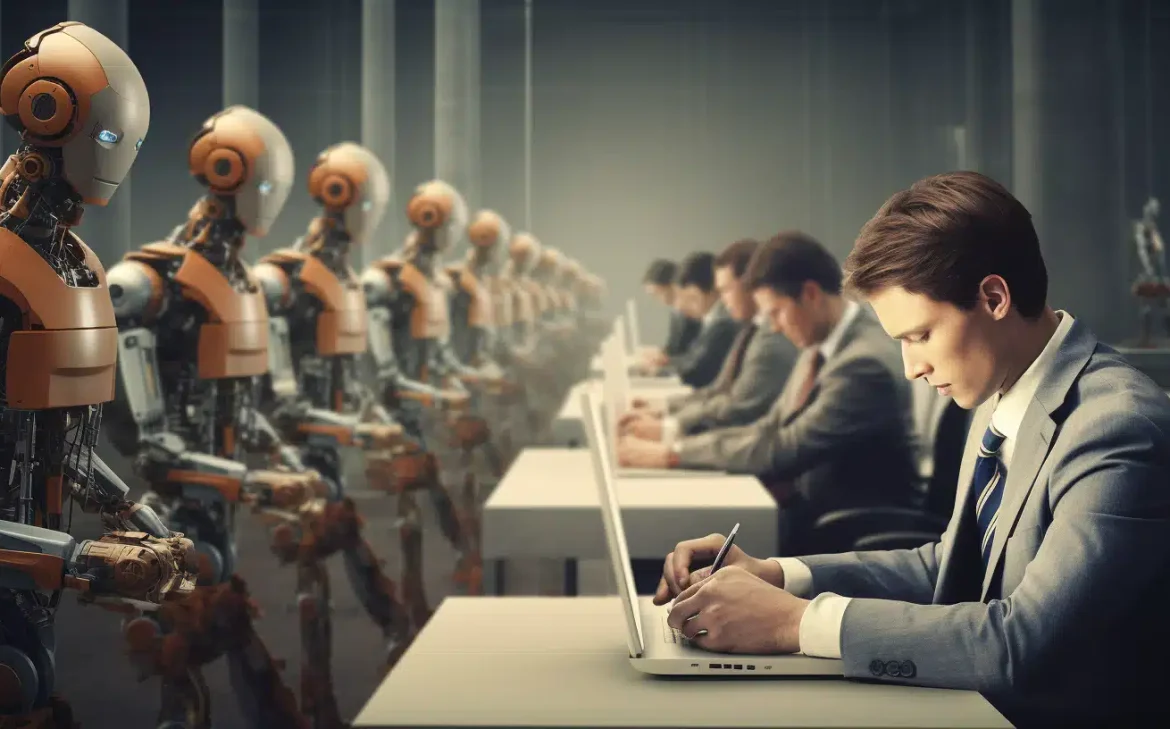
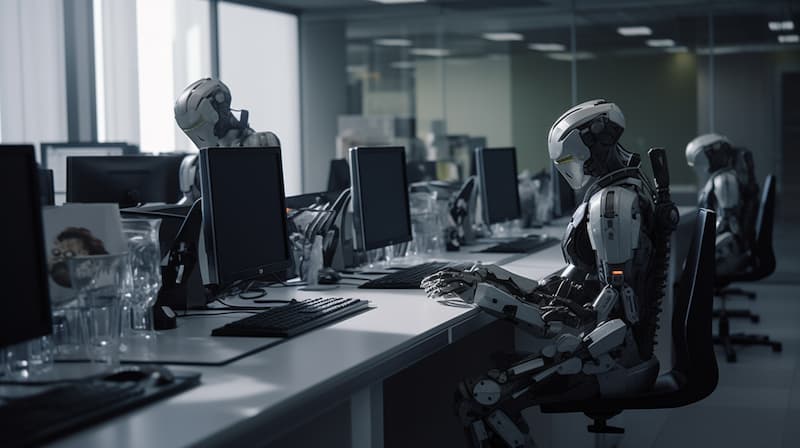
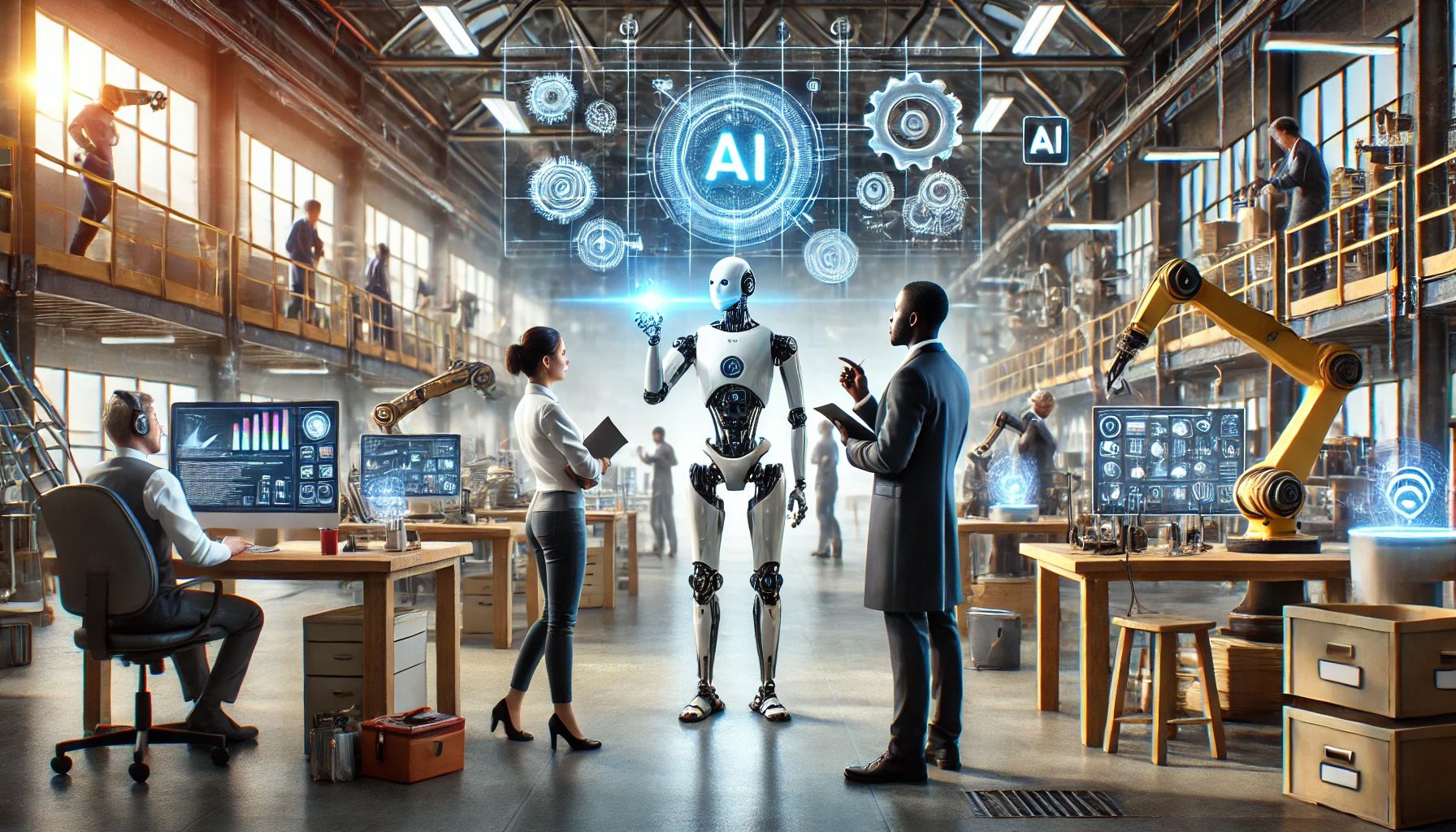
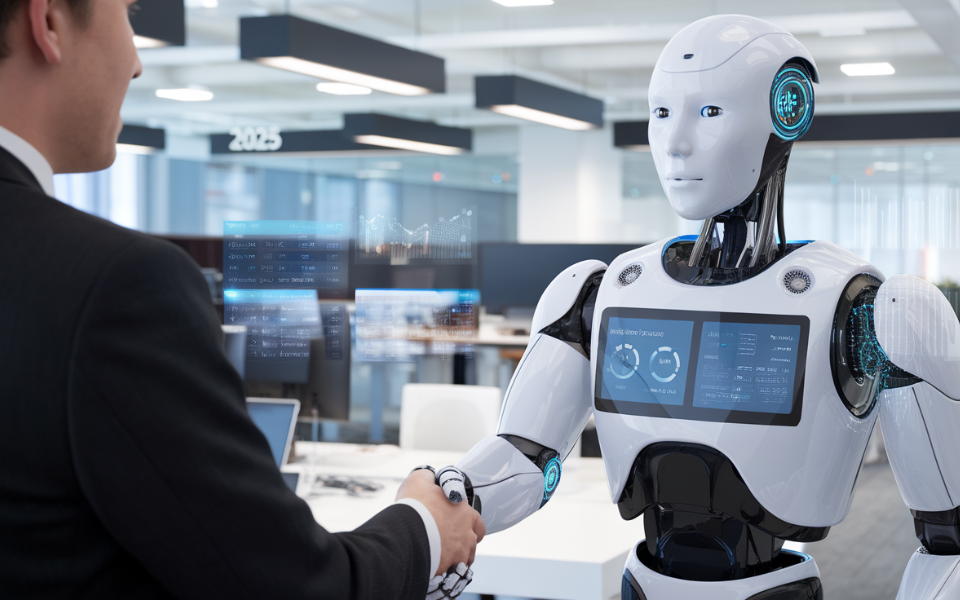
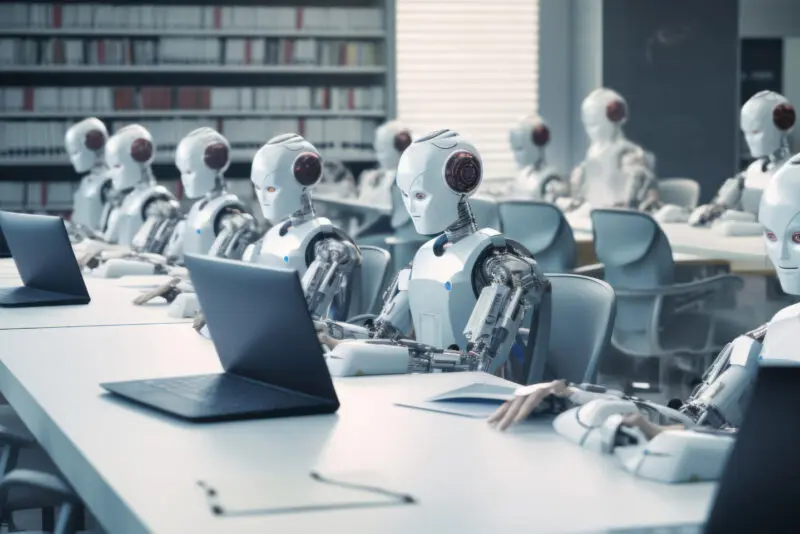
Leave feedback about this